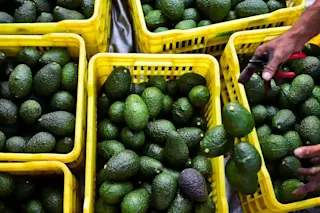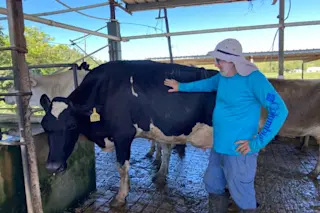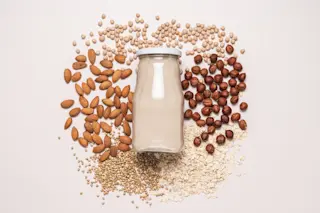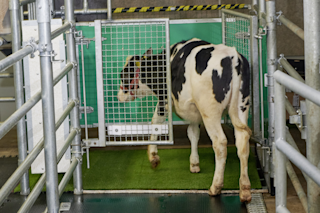It's not easy writing about Vandana Shiva. The Indian environmentalist is adored in green and progressive circles. Her exalted status has apparently disinclined many of my colleagues in the media from taking a closer look at what she stands for and what she often says on the global lecture circuit and to admiring journalists. Michael Specter seems to have recognized he had a story pretty much to himself. His profile of Shiva in this week's New Yorker is a must-read. Here's a taste:
Early this spring, the Indian environmentalist Vandana Shiva led an unusual pilgrimage across southern Europe. Beginning in Greece, with the international Pan-Hellenic Exchange of Local Seed Varieties Festival, which celebrated the virtues of traditional agriculture, Shiva and an entourage of followers crossed the Adriatic and travelled by bus up the boot of Italy, to Florence, where she spoke at the Seed, Food and Earth Democracy Festival. After a short planning meeting in Genoa, the caravan rolled on to the South of France, ending in Le Mas d’Azil, just in time to celebrate International Days of the Seed. Shiva’s fiery opposition to globalization and to the use of genetically modified crops has made her a hero to anti-G.M.O. activists everywhere. The purpose of the trip through Europe, she had told me a few weeks earlier, was to focus attention there on “the voices of those who want their agriculture to be free of poison and G.M.O.s.” At each stop, Shiva delivered a message that she has honed for nearly three decades: by engineering, patenting, and transforming seeds into costly packets of intellectual property, multinational corporations such as Monsanto, with considerable assistance from the World Bank, the World Trade Organization, the United States government, and even philanthropies like the Bill and Melinda Gates Foundation, are attempting to impose “food totalitarianism” on the world. She describes the fight against agricultural biotechnology as a global war against a few giant seed companies on behalf of the billions of farmers who depend on what they themselves grow to survive. Shiva contends that nothing less than the future of humanity rides on the outcome. “There are two trends,” she told the crowd that had gathered in Piazza Santissima Annunziata, in Florence, for the seed fair. “One: a trend of diversity, democracy, freedom, joy, culture—people celebrating their lives.” She paused to let silence fill the square. “And the other: monocultures, deadness. Everyone depressed. Everyone on Prozac. More and more young people unemployed. We don’t want that world of death.” The audience, a mixture of people attending the festival and tourists on their way to the Duomo, stood transfixed. Shiva, dressed in a burgundy sari and a shawl the color of rust, was a formidable sight. “We would have no hunger in the world if the seed was in the hands of the farmers and gardeners and the land was in the hands of the farmers,” she said. “They want to take that away.”
Be sure to read the entire piece, which is not behind a paywall.













